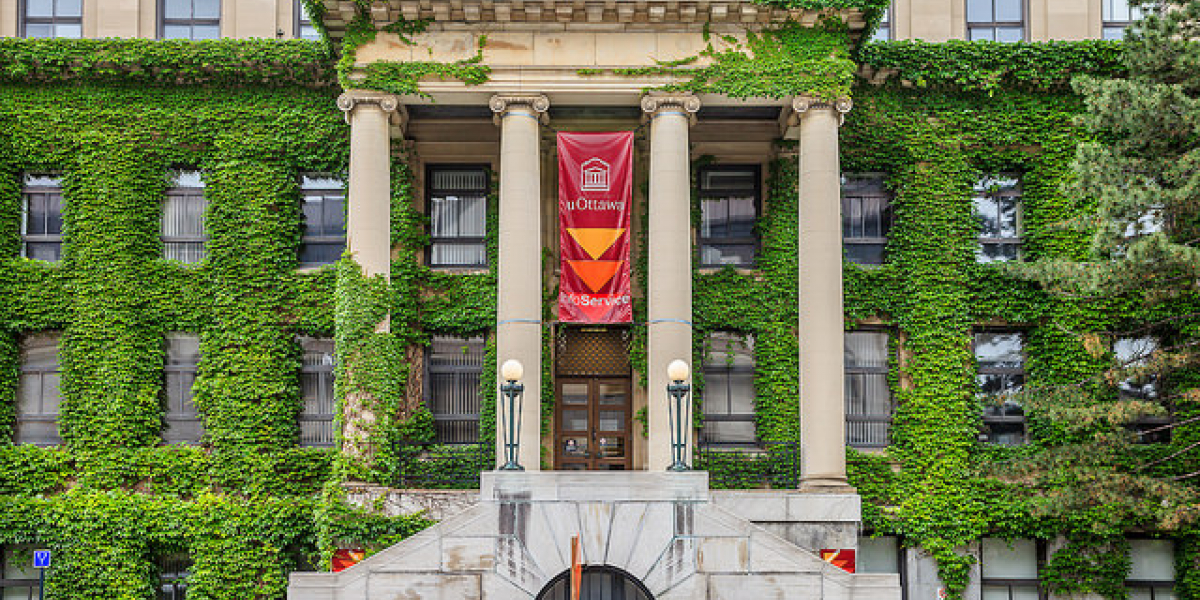
Guest post by Younes Ahmadi
The 4th Canadian PhD and Early Career Workshop in Environmental Economics — supported by Sustainable Prosperity — was hosted at the University of Ottawa from June 1st to June 2nd.
This annual workshop brings together PhD students and early career researchers working on topics in Environmental Economics, Natural Resource Economics, Energy Economics, Economy of Climate Change, Energy Economics, and other related disciplines. This year, the workshop featured two keynote speakers: Professor Roberton Williams III from the University of Maryland and Professor Charles Mason from the University of Wyoming. Both are distinguished scholars in Environmental Economics and are editors in journals such as JEEM, JAERE, Journal of Public Economics, and European Economic Review. They gave two insightful talks about how to be successful PhD student in the job market, as well as how to be a great researcher as a university professor. Their advice was extremely valuable, considering both are very experienced and successful in their profession.
In addition to the two keynote speakers, Professor Anthony Heyes, Canada Research Chair in Environmental Economics at University of Ottawa and the workshop chair, Geoff McCarney the director of research in Sustainable Prosperity, and other Ottawa-based faculty attended and participated in the workshop.
The two-day event, included 21 presentations by PhD students, post-doctoral researchers, and early career university professors from research institutions across Canada, the U.S., and Europe. It was a great opportunity for me to present my working research paper on how carbon border tax can be used to solve free-riding problem in reducing global greenhouse gas (GHG) emissions. Given that all participants are experts in their fields, their comments on one’s presentation and research work’s content work is invaluable.
Also, there was a great opportunity to share research ideas with other researchers in the field and build new connections with a number of talented people that could potentially become future colleagues or co-authors. As a PhD candidate soon to be entering the job market, it was really insightful to hear from early career researchers as they talked about their personal experiences and gave us several useful strategies and tips that helped them during the job-searching process.
The workshop was a great venue to present one’s research work, under less pressure than a regular conference setting, while still receiving valuable and constructive feedback. Unlike regular economic conferences, there were no parallel sessions, which made it possible for all participants to attend all presentations and engage in discussions afterwards.
About my research: In my research paper I investigate whether a carbon border tax — A carbon border tax is an import charge based on the carbon content of each good — can be used as an enforcement mechanism to improve the efficacy of the Paris Climate Agreement. One of the main concerns surrounding the Paris Agreement is that there is no enforcement mechanism to guarantee countries meet their emission reduction targets. To answer my research question, I build a computable general equilibrium model and calibrate it using world inter-country input-output table. I find that countries would be worse-off under the imposition of carbon border tax when compared to cooperating in reducing GHG emissions. During the workshop, I got valuable comments that will help me strengthen my paper, and I also received ideas for some potential extensions that would make my analysis more policy-relevant.